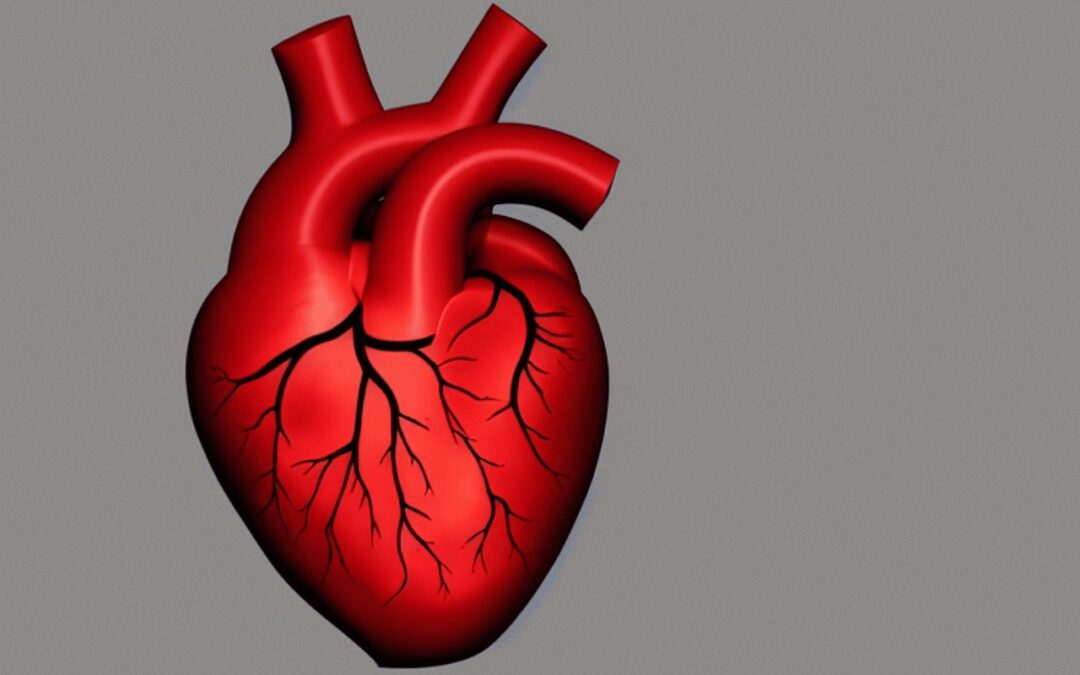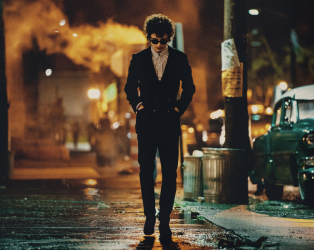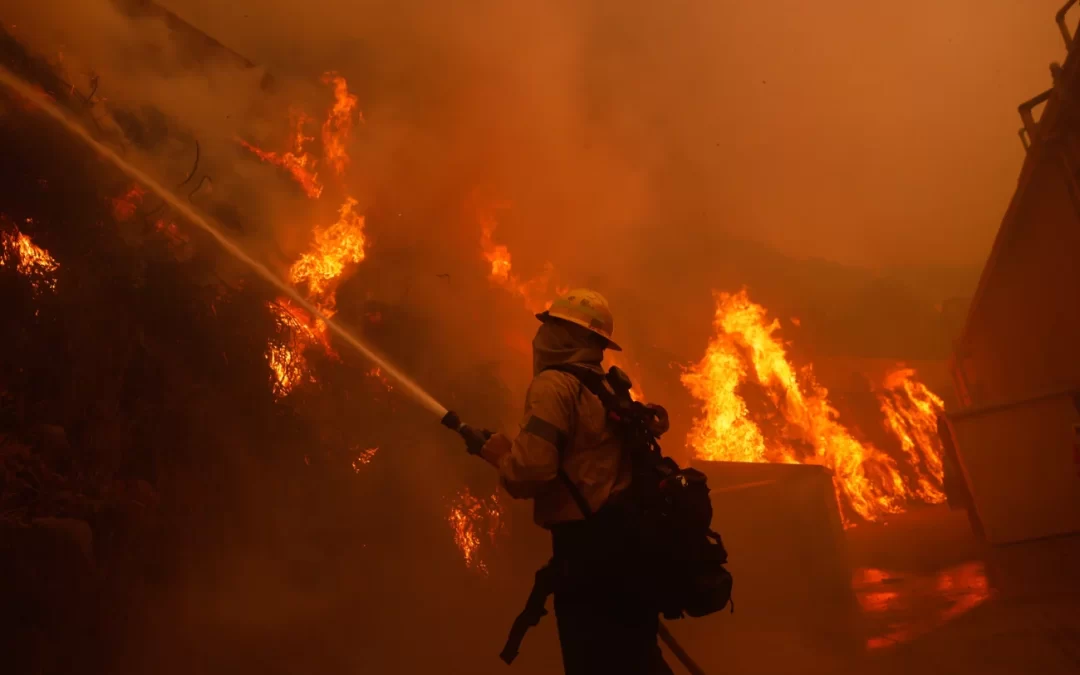
Atrial Fibrillation - Part 1!
Atrial Fibrillation - Part 1!
One minute, I felt fine. Then, without warning, it was as if a strong hand had grabbed my heart and started shaking and squeezing it wildly. I had a big problem! We went to St. Luke’s General Hospital in Kilkenny right away, my wife driving. There were many other people waiting in the emergency department, with all sorts of things wrong with them. It took me four hours to see the doctor and by then my heart had settled down. The first time the doctor checked my blood pressure I had high blood pressure, but when he checked it again it was normal. I said I was stressed, because my father had recently died, and it wasn’t easy for me to deal with that. The doctor told me that was the problem, and that it was important for me to do breathing exercises every day, and that it would help me to get rid of the stress of life. That was it! Let’s go home again!
To me, the situation was still unresolved, since I didn’t know what was wrong with me. I did what the doctor recommended, which I still do every day. That was all very well! We got back to California the next week, and we continued with our normal routine. It gave me a false sense of security for a while, and I was thinking that the doctor was right and that it was just stress. I had barely forgotten it when it happened again. I was able to go to my doctor the same day, and he did an electrocardiogram (ECG). He said that my heart was beating too early from time to time, but that was not a problem. I went home, but I didn’t feel right. I made another appointment with my doctor, and he did another electrocardiogram. “Oh!” he said. “I’m sorry I didn’t see this last time, but you have atrial fibrillation, or ‘A-Fib’!”
“That’s what I thought, doctor!” I said. “Atrial fibrillation runs in my family, so it’s no wonder I have it now.” I was then referred to a cardiologist. The cardiologist ran all sorts of tests on my heart—an ECG, an MRI, an echocardiogram, and a stress test on a treadmill. I still had A-Fib, and the cardiologist prescribed medication to stop the irregularity in my heart rhythm. It took more than a week, but eventually my heart rhythm returned to a normal, or regular, rhythm. Then the doctor prescribed a few medications, including an anticoagulant. He said that people with A-Fib had a much higher risk of having a stroke.
I continued like this for a few years, when I had another episode of A-Fib. The doctor prescribed medication, and when I took it, it stopped the A-Fib. He told me to take that medication whenever I had an A-Fib. At first, I only had an A-Fib episode a few times a year. But gradually, the A-Fib happened more often. Even though I was able to stop it, it wasn’t nice to be in A-Fib. I felt uncomfortable and anxious every time I had an A-Fib, and it took three or four hours for the medication to stop it.
Finally, the cardiologist said it was time for me to see an electrophysiologist. An electrophysiologist is a specialist who specializes in the electrical system of the heart. This system controls the heart rate as well as the contraction and relaxation of the heart muscle. When you have A-Fib, there is a problem with the electrical circuit in your heart, so that your heart does not beat regularly in a normal manner. As a result, the heart does not work as well as it should, in terms of circulating blood. This causes you to feel short of breath and tired, as well as feeling chest discomfort.
I saw the electrophysiologist right away, and he reviewed the test results from the cardiologist. Dr. Gibson is an honest, easy-to-understand man, and he said that I could continue with the medication, if I wanted. But he said that I also had another option, which was to have an ablation. He then explained to me what this medical procedure involved. I would be under general anesthesia during the operation. A catheter would be inserted into the femoral artery, and then up the artery and into my heart. Pulses of electrical energy would be used to kill the diseased tissue in the heart's electrical system. There would then be a good chance that the A-Fib would be gone completely or at least for a good while. “You have the information now, and you have to make the decision!” Dr. Gibson told me. “There's no rush – think about it, and get back to me with your decision then.” I didn’t have to think. “If I have a good chance of getting rid of that disease, even for a while, the benefit would be worth the trouble. How soon can the operation be done?” I said.









